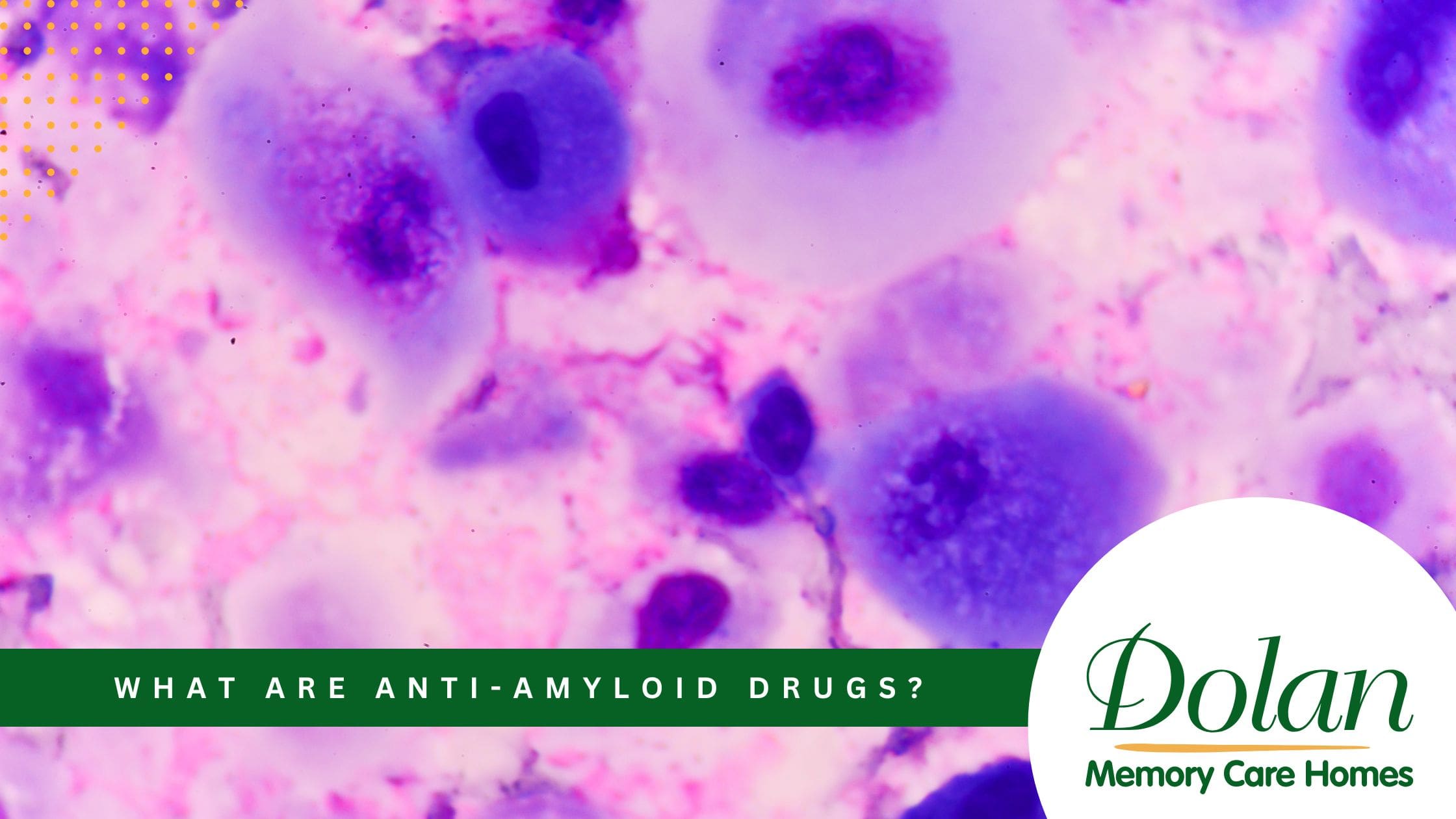[et_pb_section fb_built=”1″ _builder_version=”3.29.3″ fb_built=”1″ _i=”0″ _address=”0″][et_pb_row _builder_version=”3.29.3″ _i=”0″ _address=”0.0″][et_pb_column type=”4_4″ _builder_version=”3.29.3″ _i=”0″ _address=”0.0.0″][et_pb_text _builder_version=”3.29.3″ hover_enabled=”0″ _i=”0″ _address=”0.0.0.0″]
We’ve long known the link between a poor diet and an increased risk for dementia. A new Japanese research study published in the journal Neurology sheds a light on just how influential healthy eating choices are in reducing risk for Alzheimer’s disease and related dementias.
Over the course of ten years, over 1,600 men and women without dementia were followed. At the beginning of the study, the levels of trans fat in their blood were measured and their diets were analyzed. After the observation period, researchers found that the people with the highest levels of trans fat in their bodies were 74% more likely to develop dementia compared to other individuals in the study with the lowest levels of trans fat.
Since the study used the blood marker levels of the trans fats instead of using dietary questionnaires, the findings are more scientifically sound, says Dr. Richard Isaacson of the Alzheimer’s Prevention Clinic at Weill Cornell Medicine in New York.
So what exactly are trans fats and how do we protect ourselves from the negative health outcomes they offer?
Trans fats are also known as “trans fatty acids”. These man-made fats are created by adding hydrogen to liquid vegetable oils to make them more dense and solid. Examples of common trans fats are semi soft-margarine and shortening, and sweet pastries. It is important to note that some trans fats naturally occur in particular food sources like dairy and meat, but the dangerous exposures causing health risks stem from the man-made version of the fats.
The best way to prevent unhealthy levels of trans fats in our diets is to empower yourself with the knowledge and read nutrition labels, says Dr. Isaacson. Avoid highly-processed foods as those often carry high levels of trans fats. Instead, opt for whole foods-the fewer ingredients on a label, the better.
In fact, trans fats have been proven to be so adverse to a healthy lifestyle that the United States Food and Drug Administration actually banned them in 2015-with some exceptions. Various parts of the food industry have been given extensions to removing the substance from their food products. Additionally, companies will still be allowed to label food as “0 grams trans fat” if that product has less than 0.5 grams of trans fat in it. This fact makes the practice of reading food labels even more important.
In addition to reducing the amount of trans fat you consume in your diet, health experts also encourage those looking to reduce their risk for dementia to incorporate healthy fats like omega-3s, whole grains, and green leafy vegetables into their eating habits.
Dolan Memory Care Homes strives to provide the community with resources to educate regarding dementia prevention. At Dolan Memory Care Homes, we encourage diets that honor individual’s wishes and preferences.
[/et_pb_text][/et_pb_column][/et_pb_row][/et_pb_section]




